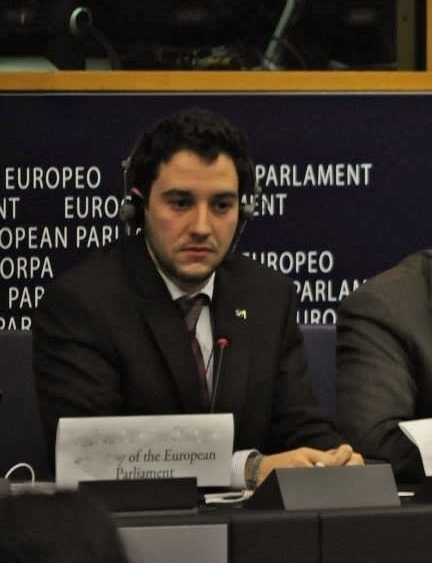After the first referendum regarding the question whether the United Kingdom should remain a member of the EU or exit the regional monetary union was celebrated in June 2016, activating Brexit seems to prevail as one of the main `hot topics´ up until now.
According to the BBC News : 53.4 % of England´s population, 44.2 % of Northern Ireland´s population, 38.0 % of Scotland´s population and 52.5 % of Wales population voted in favour of Brexit, resulting in a 51.9 % of the UK´s population wanting to leave the European Union. Some of the reasons behind the UK wanting to leave the European Union are: harsh rules imposed on businesses and a large number of membership fees charged every year. It seems that issues concerning British sovereignty and democracy were also cited.
The British Supreme Court has stated that the British Parliament must be consulted before resorting to Article 50 of the Treaty of Lisbon, which specifies that EU member States may exit the regional monetary organization, but not without previously complying with its domestic law. Deciding whether Article 50 is to be invoked without the Parliament´s consent, has turned out to be one of the greatest challenges ever faced by the British legislation, as Article 50 has never been invoked before throughout the history of the European Union.
Such issue has raised a common and controversial question: `Should the British Parliament comply with the referendum´s results based on democratic principles or should political parties hold on to their original manifestos?´.
As also mentioned by BBC News, it is very unlikely that a second referendum will be carried out, the Labour Party and the Conservatives argue that celebrating another referendum would violate the main principles of Democracy and attempt against the trust of British civilians. It is important to note that the referendum regarding Brexit´s adoption was not consultative, but binding.
Though the referendum´s results should be taken as a binding decision, it is inevitable to question whether the British population was or is fully aware of the consequences following the Brexit´s enforcement, as such decision should not be taken lightly. Conducting an intensive awareness-raising campaign at this point seems too far from reality. Educating and creating awareness among the British population should have been a priority at the time before the binding referendum was celebrated in June 2016.
As affirmed by British philosopher, Thomas Hobbes, consciousness constitutes opinion through judgements, but…were British civilians fully aware of all the effects that may be triggered by activating Brexit in the following years or was this decision based purely on nationalism and `fear´? It is well known, that recently the media has been flooded with news concerning radical Islamic terrorist attacks and civil disturbances linked to refugees within European countries. Could this be one of the main reasons why the public opinion has been drawn in to the idea of leaving the European Union in order to protect the integrity of its nation? It is difficult to determine the real reasons behind this decision, but `binding is, after all, binding´.
The fact that the referendum was not consultative, but binding, should lead the British Parliament to directly complying with the public opinion´s outcome under its legal obligation and then decide how the process will be delivered after resorting to dialogue, having to chose between a `hard Brexit´ and a `soft Brexit´, stablishing a time frame and other terms and conditions. Not putting into practice the referendum´s results would constitute a denial of the British people´s rights and the main principles of democracy.
Maddalen Alberdi Parsons




